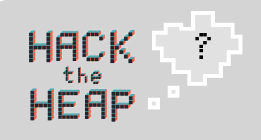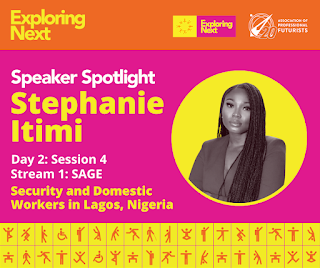Black Hat Europe 2022 Report: Benjamin Bencina

Below we hear from first-year CDT students Benjamin Bencina and Shubham Pawar who attended Black Hat which was held in London in early December. At the beginning of December, Shubham Pawar and I had the pleasure of attending Black Hat Europe, the European (including the UK) rendition of the internationally recognised cyber security event Black Hat. The event was hosted in London this year, and I’ve been following the research presented at Black Hat for a few years now, so there was no excuse not to attend. Luckily, our advisor Martin helped us get free student passes, since we were not there to present our own work, but mainly to indulge our curiosities. The briefings were scheduled over two days, each day beginning with a keynote and ending with a locknote, where various Black Hat veterans and cyber security practitioners tried to capture and discuss the current state of cyber security, and pave the way forward. While we were mostly interested in the briefings themselves, it was sti








